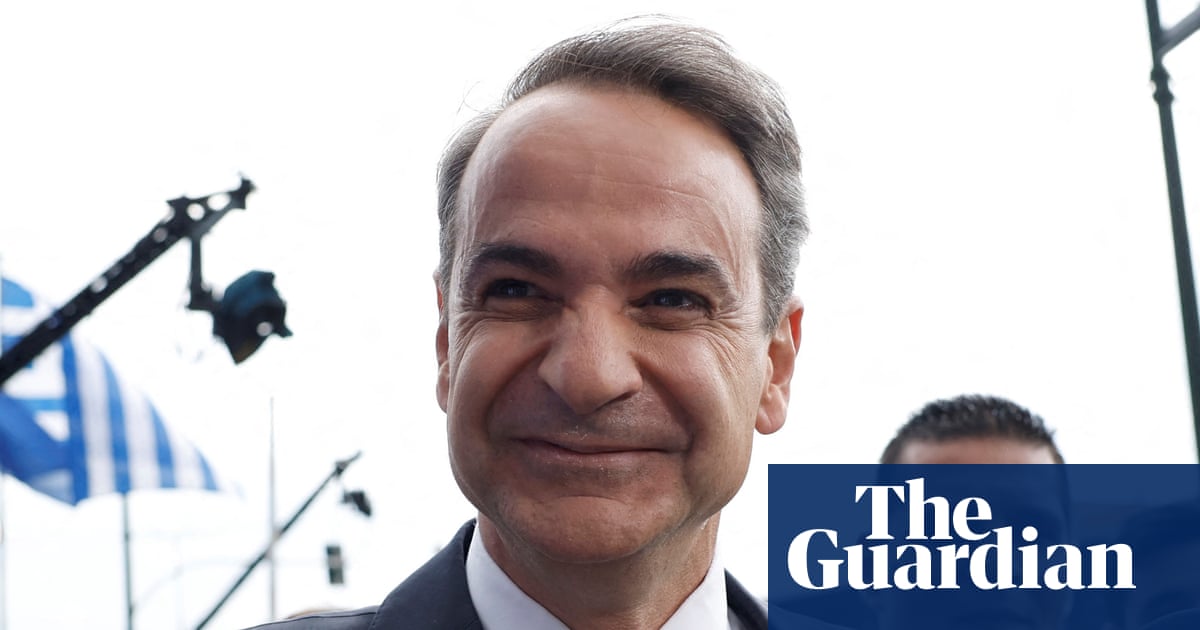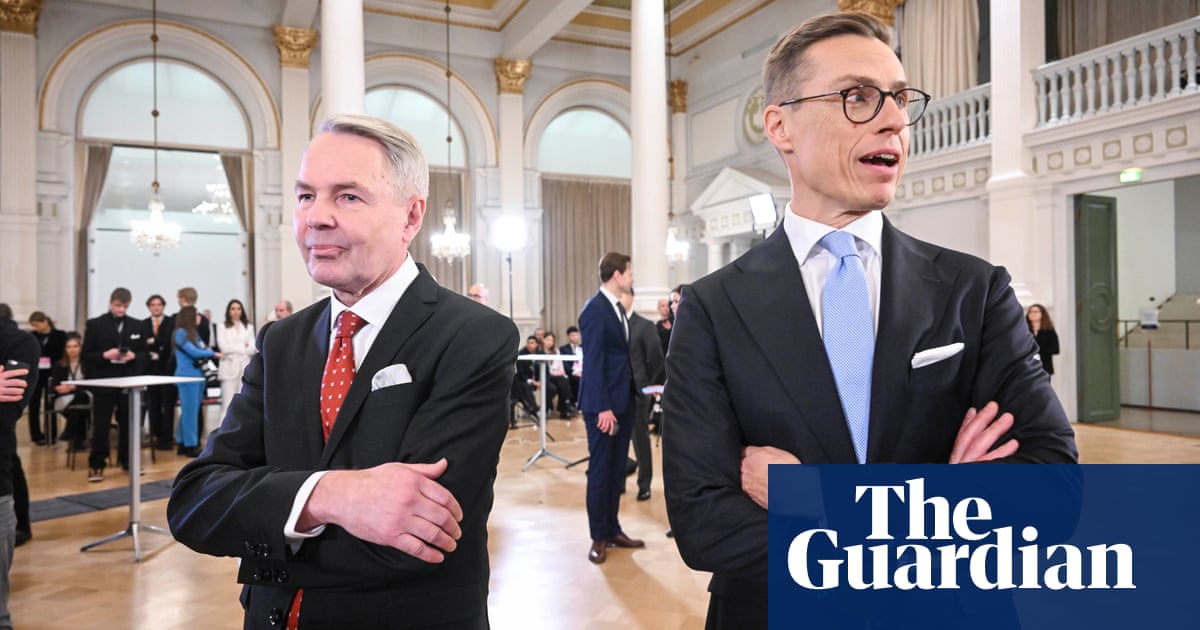
A leading German conservative has made a public show of congratulating the Social Democrats’ candidate on winning Sunday’s national election in a sign of division within the centre-right alliance of outgoing chancellor Angela Merkel after it plunged to historic losses.
Markus Söder, the head of Bavaria’s Christian Social Union (CSU), the Christian Democratic Union’s (CDU) sister party, said Olaf Scholz was frontrunner to become Germany’s next leader, undermining the claims of the CDU-CSU’s Armin Laschetthat the 25.7%-24.1% result was too narrow to amount to a clear mandate and he could still form a “future-oriented coalition”.
“Olaf Scholz has the best chances to become chancellor,” Söder said. “That’s crystal clear”.
While Laschet has reportedly declined to congratulated Scholz on winning the vote, Söder pointedly saluted the centre-left candidate, Germany’s finance minister and vice-chancellor. “It is important to respect the result,” he said. “Part of that is that I once again congratulate Olaf Scholz.”
After a result that was narrower than many conservative campaigners had feared, growing dissent within the CDU is now diminishing the Rhinelander’s hopes of keeping his party in power.
At a meeting in Düsseldorf, Laschet told party officials he would resign as the state premier of North Rhine-Westphalia’s at the end of October, but his new role in Berlin is far from clear.
In Berlin, the CDU caucus was due on Tuesday afternoon to vote for its leader in the new parliament – the most powerful role in the conservative party if it were to end up in opposition.
Laschet’s plan to fill the role only temporarily, allowing him to hold out hopes of still forming the next government, faced resistance by the incumbent, Ralph Brinkhaus, who is seeking to be re-elected for a full one-year term. Söder also said on Wednesday he opposed a short-term fix “for four to six weeks”.
Should Laschet lose the inner-party battle, he would risk ending up in a powerless backbench role.
“It is a strange alternative world that the failed candidate has assembled for himself,” Der Spiegel wrote in a comment piece. “Perhaps Armin Laschet needs a couple more days to fully understand. He lost. It’s over.”
Ellen Demuth, a CDU delegate in the Rhineland-Palatinate regional parliament, has called on Twitter for Laschet to resign, saying if he clung on to office he would cause further damage to the party.
Meanwhile, the victorious SPD is pushing up the tempo to start coalition talks with the two kingmakers in the next coalition government, the Greens and the FDP. The ecological and pro-business parties have agreed to hold first exploratory talks on Wednesday, without either of the larger parties.
The Greens are likely to do this with a changed power balance inside its own party, following reports that its co-leader, Robert Habeck, would claim the role of vice-chancellor in a future coalition government, not the chancellor candidate Annalena Baerbock.
Baerbock, who won out against Habeck in the race to become the Greens’ official candidate in April, oversaw her party picking up a strong gain of 5.9 percentage points on the last election, but failed to meet her own aspiration of becoming the strongest force in the country.
Habeck on Tuesday sidestepped questions about a deal over the deputy chancellor role, which in Germany is an unofficial title that is not mentioned in the constitution. “The question of who will be vice-chancellor is irrelevant”, he said. “We don’t even have a chancellor.”
Recent polls suggest every second German citizen would favour the next government to be made up of a so-called “traffic-light coalition” between SPD, Greens and FDP, while only a quarter preferred a CDU-led “Jamaica coalition”.
A continuation of the “grand coalition” that has governed Germany for the last eight years is unpopular, favoured by only 5% of those questioned in a survey by the pollster Civey.











